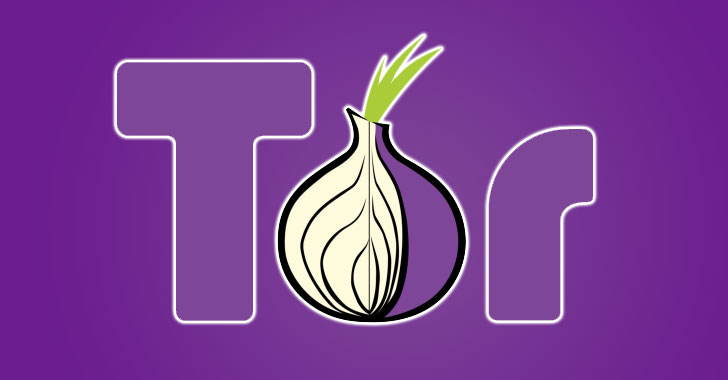Products You May Like
Russia has stepped up its censorship efforts in the country by fully banning access to the Tor web anonymity service, coinciding with the ban of six virtual private network (VPN) operators, as the government continues to control the internet and crackdown on attempts to circumvent locally imposed web restrictions.
The Federal Service for Supervision of Communications, Information Technology and Mass Media, also known as Roskomnadzor, the watchdog responsible for monitoring, controlling and censoring Russian mass media, announced the block, accusing it of enabling access to illegal content, Reuters reported this week.
Russia accounts for 15% of all Tor users, with more than 310,000 daily users, second only to the U.S.
Tor, short for The Onion Router, enables users to automatically encrypt and reroute their web requests through a network of Tor relays for anonymizing network traffic, as well as help bypass censorship and protect their identities from the internet service providers and the websites they visit.
Confirming the blockade, the Tor Project maintainers said, “the Russian government has officially blocked our main website in Russia,” adding, “Since December 1st, some Internet providers in Russia have started to block access to Tor.” The nonprofit organization has responded by creating a mirror site that is still reachable in the country.
“As this instance of censorship limits direct access to our website, malicious actors could start phishing users with fake Tor Browsers or spreading disinformation about Tor,” the Tor Project said.
Tor is not the only entity to have come under the scrutiny of Russia’s Internet censors. Apple, which introduced an iCloud Private Relay feature with iOS 15 and macOS Monterey, has since dropped the feature for its users in Russia, citing local regulations. The setting is designed to keep users’ internet traffic private and away from the eyes of the network provider (or the ISP) and the websites by routing the requests through two separate, secure internet relays.
This encrypted mode of communication effectively shields the destination information (i.e., the website) from the network provider, while both the second relay — which decrypts the name of the requested website and connects the user to the site — and the website itself are prevented from identifying the user, creating a simplified version of Tor.
The development also comes as the state regulator added Betternet, Lantern, X-VPN, Cloudflare WARP, Tachyon VPN, and PrivateTunnel to the list of banned VPN services, alongside VyprVPN and Opera VPN that were banned in June 2021. Other VPN products that are already blocked in Russia include ExpressVPN, Hola VPN, IPVanish VPN, KeepSolid VPN Unlimited, NordVPN, ProtonVPN, and Speedify VPN.


